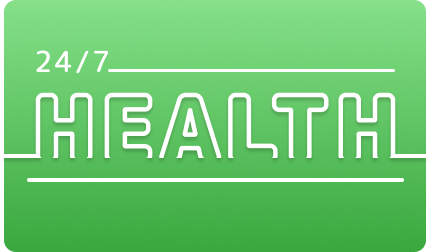While dry January and damp lifestyles have taken off on TikTok, the United States has already experienced a spike in deaths related to excessive alcohol.
In 2020-21, at the height of the Covid-19 pandemic, there were an average of about 488 deaths per day from excessive alcohol drinking, according to a new report from the US Centers for Disease Control and Prevention. Alcohol is a leading cause of preventable death.
The average number of deaths related to excessive alcohol use increased more than 29% from 2016-17 to 2020-21, said the report, published Thursday. During 2016-2017 there were 137,927 alcohol-related deaths, but for 2020-2021, there were 178,307.
Researchers from the CDC and Canadian Institute for Substance Use Research captured 58 total causes of death related directly or indirectly to excessive alcohol use. Drinking excessively can lead to deaths directly related to alcohol, such as alcoholic liver disease, alcohol poisoning, suicide by excessive alcohol use, crashes and falls, and fetal alcohol syndrome, among others. Deaths can also be partially attributable to excessive alcohol use, such as chronic hepatitis and certain cancers, heart disease and stroke.
The increase in deaths related to excessive alcohol seemed to hit all ages, and although there were more alcohol-related deaths among men, the increase was larger for women. For women, excessive alcohol use-related deaths increased about 35% during from 2016-17 to 2020-21, and death rates were highest from heart disease and stroke. Excessive drinking-related deaths among men increased nearly 27% in that same time period, with most of those deaths related to chronic conditions caused by alcohol.
The increase in excessive drinking-related deaths documented in this study is not an isolated trend. For the past two decades, deaths from excessive alcohol use have been increasing in the United States, the CDC said.
Past studies have found that people bought more alcohol, particularly hard liquor and wine, during the early part of the pandemic. Binge drinking among adults between the ages of 35 of 50 in 2022 was higher than any other year during the past decade, other research has found.
The new report mentions that more permissive policies that allowed alcohol deliveries and carryout drinks during the pandemic made drinking more accessible. Some people may also have delayed getting help from a doctor or hospital due to their fear of catching Covid.
“Stress, loneliness, and social isolation; and mental health conditions might also have contributed to the increase in deaths from excessive alcohol use during the Covid-19 pandemic,” the report said.
The authors suggest states should consider creating policies that will limit people’s access to alcohol and increase its price, like by increasing certain taxes on alcohol.
“We know that there’s a lot of evidence about what works to prevent excessive drinking, and to reduce alcohol-related harm. But the strategies that we know work are often underused in the US,” said study author Dr. Marissa B. Esser, from CDC’s National Center for Chronic Disease Prevention. “Making alcohol less accessible and less available by having fewer places that sell it, or spreading out the number of places that are selling alcohol can help to create environments that support people’s choice to drink less.”
While the new study focused on excessive alcohol use, it isn’t measuring the harms of all levels of alcohol use. Some studies have shown negative health impacts from any level of drinking. The CDC has an online tool available for people to assess their own drinking.
If people do choose to drink — and most American adults do — US Dietary Guidelines suggest no more than two drinks a day for men and no more than one drink a day for women.
“That’s to lower the risk of health harms,” Esser said. “Although there is emerging evidence of additional harms that can occur at lower levels of drinking as well.”





